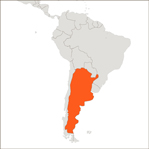 Abengoa
Abengoa
Annual Report 2010
- Corporate Social Responsibility Report
- Abengoa and the Community
- Aid and Assistance
Aid and assistance seeks to balance out economic, social and cultural development through multidisciplinary working groups that generate value for the communities in which they operate, with special emphasis paid to children, women and the elderly. Abengoa focuses on marginalized areas with high poverty rates, and attempts to address specific needs arising in these areas. The process starts with a prior analysis of the conditions, needs and existing capacities of inhabitants, seeing as though this increases the effectiveness of the steps eventually taken and the subsequent assessment process. Our actions target vulnerable groups (those facing poverty, inequality and discrimination), including disabled people, children and teenagers with basic unsatisfied needs, and young and adult women who haven’t received sufficient schooling.
During 2010, Abengoa channeled €2.2 M into aid and assistance, €0.8 M of which was earmarked for Argentina, €0.4 M for Peru, €0.6 M for Spain and the rest for Chile, Morocco and the United States.
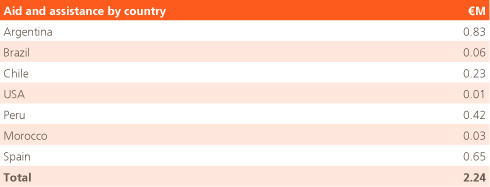
Argentina
Abengoa operates at three centers in north-west Argentina: Quimilí and Monte Quemado, in the province of Santiago del Estéreo, and Alderetes, in Tucumán, all of which are attached to the Hermanas de la Cruz sisterhood.
The three communities are widely known for the poverty of the local inhabitants and the scant resources available to them. Abengoa offers them its support with no strings attached.
The projects initiated by the company target groups living in situations of vulnerability: Children with basic unsatisfied needs, the disabled, or young and adult women that have not completed primary education.
Abengoa, acting through the Focus-Abengoa Foundation and the Santa Ángela Foundation for vulnerable groups, has been working with the Hermanas de la Cruz sisterhood for the last forty-three years, and has similarly been doing so since 2005 through the program “Educational and Body Exercises. A Right for Everyone” (EBE), whereby it rolls out projects directly and on a regular basis. The company has undertaken a social commitment in Argentina to help construct a sustainable future for everyone. This sustainability essentially requires continuous cooperation with a view to seeking out stable ties between society and the company.
EBE activities center primarily on three working areas:
- Non-Formal Education Area (NFEA).
- Physical and Sports Education Area (PSEA).
- Employment Training and Employee Protection Area (ET&EPA).
Over the course of 2010, a number of new activities were added to the sports and cultural areas in Quimilí and Alderetes.
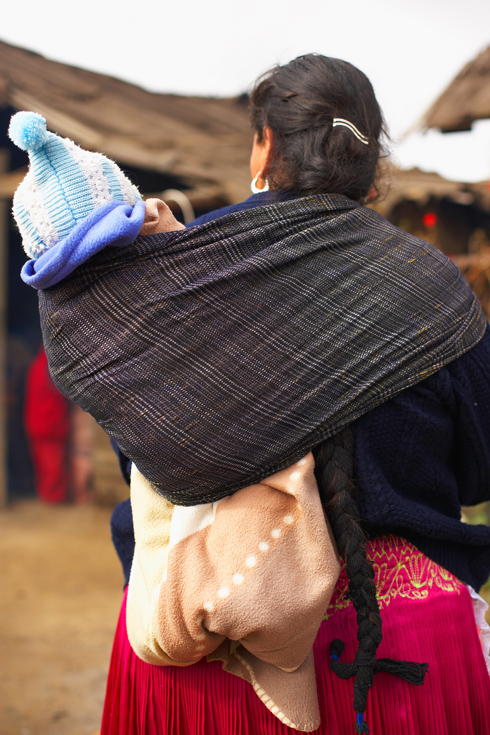
Perú
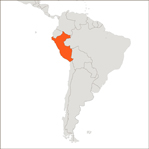
In Peru, Abengoa also collaborates through the EBE program and its various working areas, including schooling, psychomotor learning, and social integration at the Chiclayo care center; care for the elderly at the Comas and Chontabamba care homes; and sheltered production workshops for the disabled in Manchay. Furthermore, the company has rolled out two social and educational projects that mirror the company’s internal social responsibility and commitment to the community: “Voluntades…se buscan” (“Looking for Volunteers”) and “Nutrición infantil” (“Child Nutrition”).
Chile
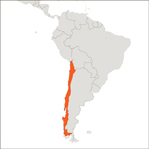
Since 2007, Abengoa has been collaborating with Un techo para Chile (A Roof for Chile), a housing construction project (emergency shelters) for families living in extreme poverty in the southern reaches of Chile.
In 2010, Abengoa created an Emergency Committee to tackle the aftermath of the brutal earthquake and subsequent tsunami that battered the country.
México
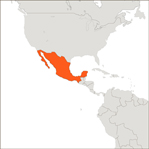
Abengoa has been holding conferences since 2008 with a view to raising awareness of Abengoa’s work within each of the affected communities and improving them through joint projects in San Antonio, Organal and Cuesta Blanca.
During 2010, numerous harvest production projects were set up within the communities, with Abengoa able to draw on the support of agricultural and crop-growing experts.
Training and awareness were both enhanced in the following areas:
- Human development.
- Participative planning.
- Gender equality.
- Basic administration.
Spain
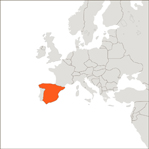
Abengoa has reiterated its commitment to the San Rafael care home in Seville by helping to maintain, renovate and modernize its facilities. Moreover, the company Ánfora continues to give courses in geriatrics in classrooms located at the same care center. Pupils carry out hands-on work experience at the home, thus allowing them to improve their training while helping the sisters to care for the elderly residents.
In addition, the Focus-Abengoa Foundation and the La Milagrosa Foundation, in San Roque, Cádiz, signed an agreement to promote the implementation of welfare activities for senior citizens, vocational training for young adults and the unemployed, and social cooperation with the underprivileged.
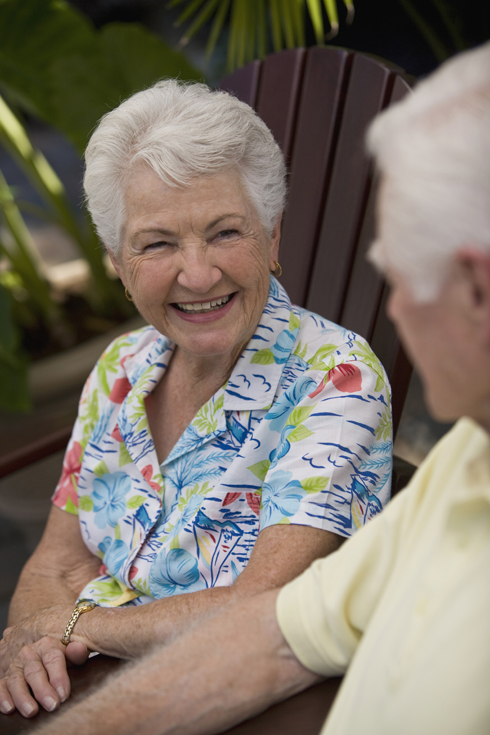

“Educational and Body Exercises. A Right for Everyone” program (EBC) in Brazil
The overriding aim of this program is to assist and cooperate with pioneering NGOs as they attempt to provide social support to marginalized groups of society in pursuit of those objectives that mirror Abengoa’s social policy. The company provides social assistance to underprivileged groups in a socially sustainable manner.
The program pursues the following specific aims:
- Improving people’s quality of life in the Brazilian communities where Abengoa operates, by fostering the integration, involvement and social equity of vulnerable groups.
- Strengthening social ties.
- Guaranteeing nutritional and food-related education.
- Constructing and/or rehabilitating spaces available to everyone (sports centers, swimming pools, canteens, workshops, etc.).
- Implementing educational, recreational, sporting and job training activities and exercises.
- Honing individual and group skills.
- Championing social integration and involvement.
The program has already rolled out educational and recreational activities to support 63 young girls and teenagers living at, or otherwise involved with the Santa Rita de Cassia orphanage in Rio de Janeiro.
In close collaboration with the orphanage, Abengoa Brazil has nearly completed construction of the facilities where the “Santa Clara” community training workshops are to be held. The workshops will cover cooking, house wear, professional training and training in values, and are aimed at people with specific needs within the community and surrounding areas, particularly the disabled and teenagers and young girls from the orphanage, along with their families.

